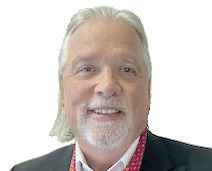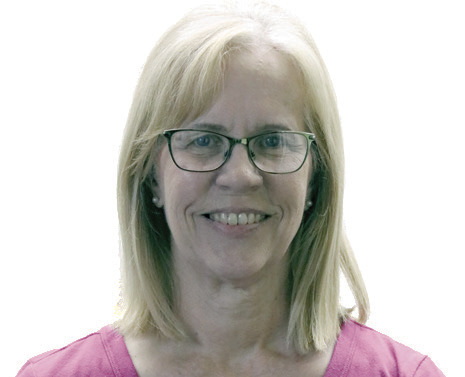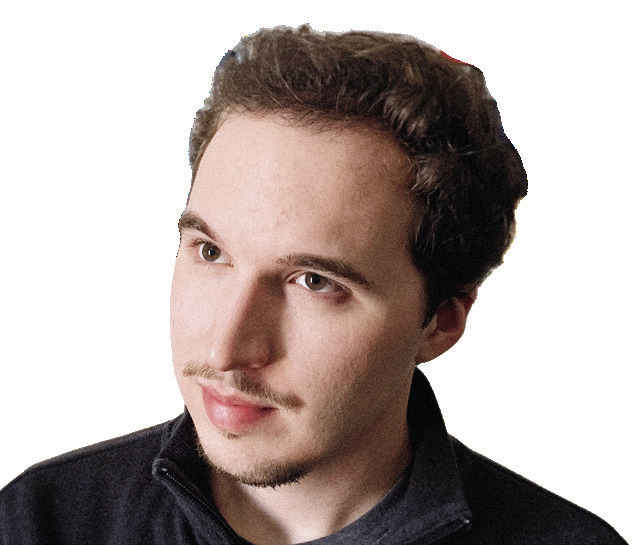Terry Held: The levers of Democracy — Finding our public voice again

After reading Ron Chernow’s biography Alexander Hamilton, I was struck by my own ineptness in supporting the freedoms granted by our founding fathers’ work.
Hamilton once said, “Those who stand for nothing fall for everything.”
This idea, a compelling encouragement to participate in the machinations of our Democracy.
The founding documents of our country are precious, fragile in some ways, yet sturdy and timeless in their protection of liberty. The Declaration of Independence, our Bill of Rights, and the Constitution are not the only texts that define who we are as Americans. There are many supporting documents that clarify and expand on our right to life, liberty, and the pursuit of happiness.
Too numerous to mention here, they collectively uphold an extensive framework of freedoms. They belong to all of us.
When we speak of freedoms, it also occurs to me: they must be practiced to be effective. These “levers of Democracy” are available to all of us. They are at our fingertips, asking to be used…not only for individual expression but for the advancement of liberty for all. Using the levers of Democracy is not just a right; it is a responsibility inherited from the toil and sacrifice of those who came before us. And in small towns like ours, those levers still matter.
While social media may give the illusion of civic engagement, real Democracy is moved not by clicks or comments but by action: showing up, speaking out, writing thoughtfully, and listening earnestly. It is what I teach my college English students: the movement from personal rhetoric to public rhetoric is a right, a privilege. They are quite willing to post a reply to an issue on Social Media, but to be part of the public conversation is a notion they had not previously considered.
It is the nature of 21st century social discourse. To let one’s voice and perspective be heard in the public square might be one of the strongest actions one can take in our great Democracy. An ancient idea that never grows old.
A lever, of course, is a simple tool. But its power lies in its placement and purpose. You pull it, and something shifts. A door opens. A weight is lifted. That’s what the levers of Democracy are meant to do: they allow everyday citizens to shift the machinery of civic life. And you don’t need a title, a degree, or a microphone to use them.
One such lever is the letter to the editor. For centuries, it has been a way for private citizens to express public concerns in their own words. Unlike a comment on a post or a one-line tweet, a letter to the editor invites reflection and civil debate, not an outraged reaction. It is an old-school act of civic engagement that still carries weight.
Newspapers, especially community papers like the Cassville Democrat, offer a forum where the people of a place can think aloud together. That’s what Democracy sounds like.
Another lever, just as underused, is the public comment period at city council, school board, or other municipal meetings. If you’ve never attended one, I urge you to try it. These are places where decisions are made that directly impact our streets, our schools, our taxes, and our daily lives. To stand up and speak during one of these meetings is to engage in one of the most democratic acts available to us. It takes courage, yes, but it also takes care.
These meetings are not shouting matches; they are spaces for reasoned appeals, for stories that personalize policy, and for community members to remind leaders that they are, indeed, public servants.
Of course, the digital world has changed the texture of public discourse. Platforms like Facebook and X (formerly Twitter) offer a stage for anyone to vent, opine, or react. And while these spaces may feel public, they are often more performative than participatory. A Facebook post rarely changes public policy. A well-reasoned letter or a spoken comment, on the other hand, goes on the record.
Do these traditional levers of Democracy still matter in the digital age? I believe they do. In fact, I believe they matter more than ever. The more noise we hear online, the more we need places for deliberate, measured, and local speech. It is here, in the pages of a community newspaper or the agenda of a city meeting, that real democratic dialogue still lives.
Cassville Mayor Jon Horner and Cassville City Manager, Richard Asbill lead us in many and varied ways but without the input of its citizenry, Cassville will never be all it can be. Let your voice be heard.
But public rhetoric doesn’t have to be polemical to be powerful. Too often we equate “speaking out” with “arguing against.” Just as important is the rhetoric of support, of shared vision, and of civic celebration. Public speech can be generous, invitational, and hopeful. It can be as simple as thanking the city for a new park bench, advocating for the continuation of a beloved program, or encouraging neighbors to vote.
Perhaps what we need, then, is not more platforms but more practice. Civic speech is a skill, and like all skills, it improves with use. We can start by modeling civil discourse in our homes, classrooms, and neighborhoods. We can teach students how to write letters to the editor, how to draft public comments, and how to disagree without demeaning. We can encourage storytelling as a form of persuasion, reminding one another that personal narratives often carry more weight than statistics alone.
If you’re wondering where to begin, start with one question: What local issue matters to me, and how can I speak about it in a way that invites others to care too? Maybe it’s a road that needs repair, a library program that deserves praise, or a zoning change that could alter the fabric of a neighborhood. Whatever it is, your voice matters. But it must be used.
The Cassville Democrat awaits your voice. Our city council desires to see you at its meetings. The school board wants your input on issues both large and small. Stand for something. Your voice matters.
Democracy is not self-sustaining. It depends on us pulling its levers. The system doesn’t move unless we do. Let’s speak. Let’s write. Let’s attend. Let’s listen. The door to civic life is still open. And our voices are still the key.
Terry Held is an English instructor at Crowder College, Cassville. The views expressed in this column are solely those of the author and do not necessarily reflect the views or positions of Crowder College. He would appreciate hearing what you think. He can be reached at [email protected].




